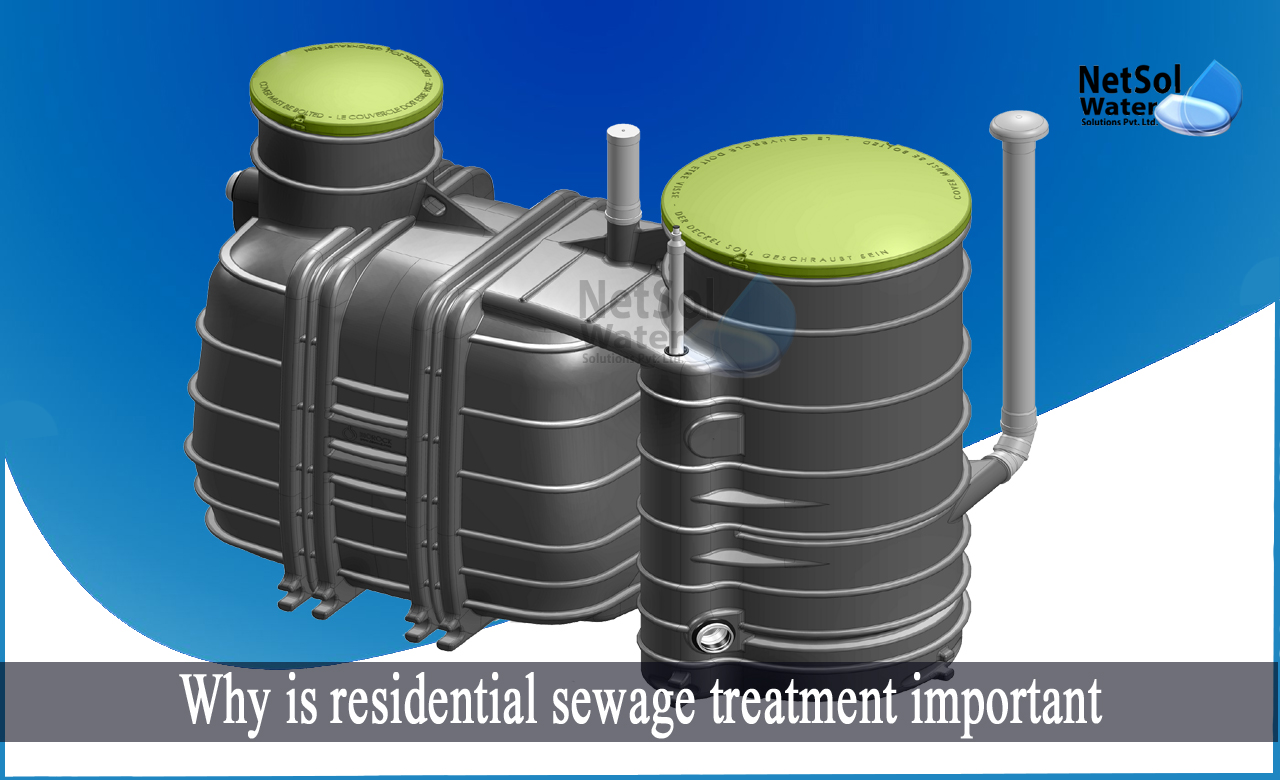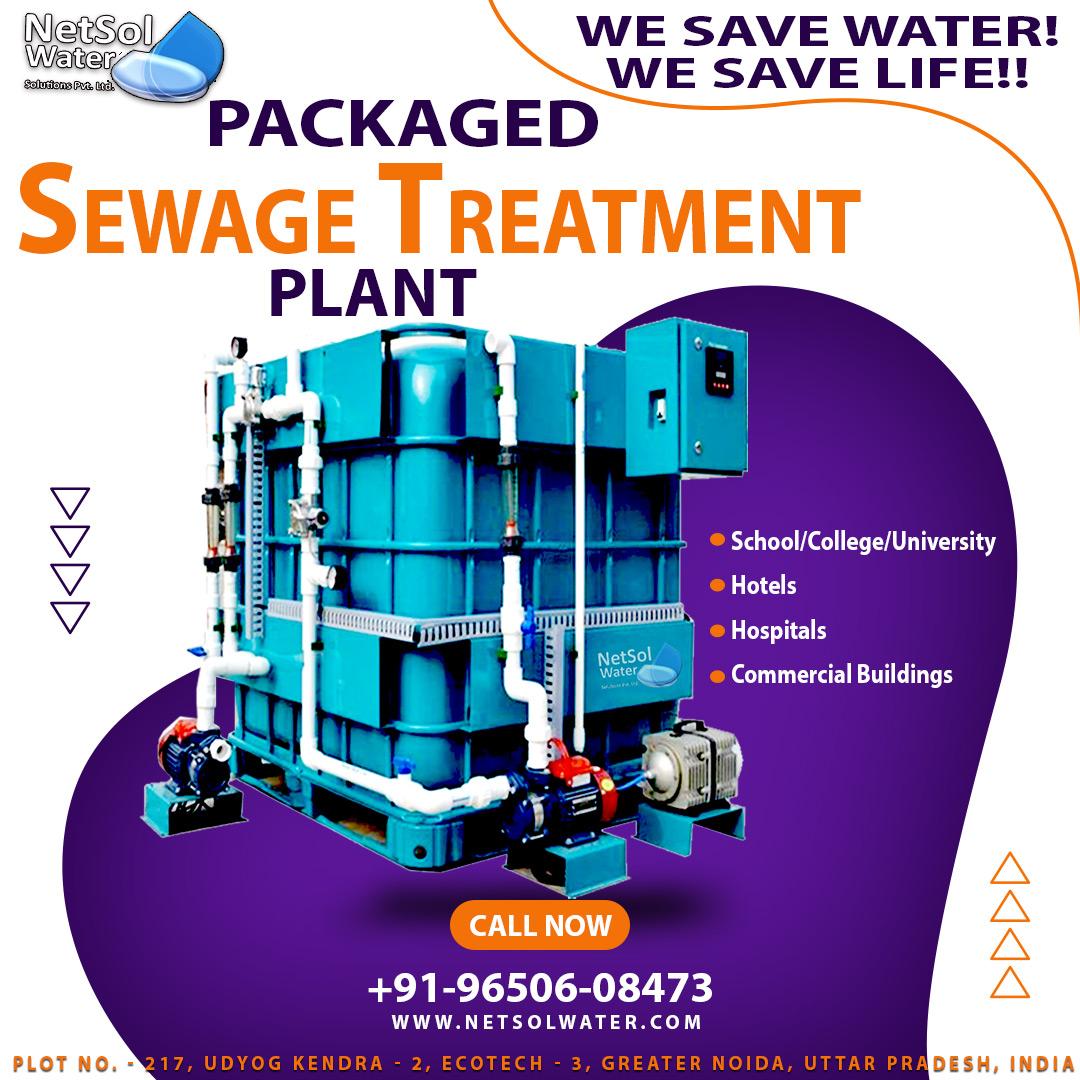Introduction
Sewage management is one of a residential complex's most crucial components. With the country's expanding urbanization, there are fewer resources available to supply the growing demand for fresh water.
Before going further to the importance of residential sewage treatment, let us discuss what a sewage treatment plant is!
What is a Sewage Treatment Plant?
Observations show that 80 percent of the water used for home purposes ends up as wastewater. If this isn't handled, it pollutes the fresh water. The advancing technology that can cleanse water and make it reusable for things, like watering plants, flushing toilets, and non-potable uses have been included into new residential constructions in cities. This procedure is known as a STP (Sewage Treatment Plant).
Sewage treatment is the procedure used to clean up wastewater and home sewage water, so that it may be reused. By allowing water to be recycled, it not only conserves water, but also prevents environmental harm from wastewater discharge into the environment.
Stages of sewage treatment
The following stages are taken by the residential sewage treatment plant, to treat the sewage (a mixture of black water and grey water):
1. Primary Stage
The primary stage is the first in properly constructed residential sewage treatment systems. Here, scum and any lighter solids can float to the surface, while heavier solids can sink to the bottom.
It involves the mechanical procedures of comminution, grit removal, screening, and sedimentation. Using primary clarifiers, suspended solids that make it past grit chambers and screens are removed. Primary sludge is the name for the consolidated solids.
2. Secondary Stage
In this stage, biological processes are used to treat the liquid portion of the sewage, and break down organic debris from human waste. For sludge processing, primary sludge and secondary sludge generated by secondary sedimentation are blended. 80–90% of human faeces and other solids are eliminated after additional treatment.
3. Tertiary Stage
This stage of household wastewater treatment is the highest level and results in high-quality effluent, which is released into the environment. Filtration is also used to get rid of any leftover suspended debris.
In this stage, certain organic components are removed from home wastewater to prepare it for reuse. It involves a disinfection procedure that eliminates germs and viruses, by the use of UV radiation, chlorination, or ozone treatment.
Why is residential Sewage Treatment important?
Any treatment facility must meet the following fundamental criteria, in order to consistently function satisfactorily over time:
• Effective treatment plant design.
• Treatment plant engineering done correctly.
• The plant's proper operation and maintenance.
All three of the aforementioned principles are interconnected and work best together, to produce the best results. It is inexpensive and easy. Additionally, it raises society's living standards.
Benefits of sewage treatment plants in communities
Sewage Treatment Plants (STPs) are essential in gated communities because they provide safe and efficient wastewater treatment, and recycled water production. Additionally, STPs may make communities water independent.
Our sewage treatment plant (STP) guarantees:
· We always have a sufficient supply of recycled water.
· For uses like gardening, car washing, toilet flushing, etc., recycled water is available.
· The occupants are not exposed to health risks from the wastewater.
· Total water use reduction and good community return on investment.
· Groundwater replenishment, protection against water deterioration, and environmental friendliness.
STPs are not only required for larger complexes but, they are also your greatest option for a sustainable future. Making them a way of life is wiser to do sooner rather than later!
How can we assist?
Recycled water is one of the most ideal solutions to the problem, of managing and conserving water in general. However, a sizable percentage of gated communities and residential societies, lack the necessary sewage treatment facilities to sustain the same.
A Sewage Treatment Plant (STP) provided by Netsol Water,is a crucial treatment plantthat will not only help treat household sewage waste, but also guarantee a sustainable way for creating compost and reclaimed water.




